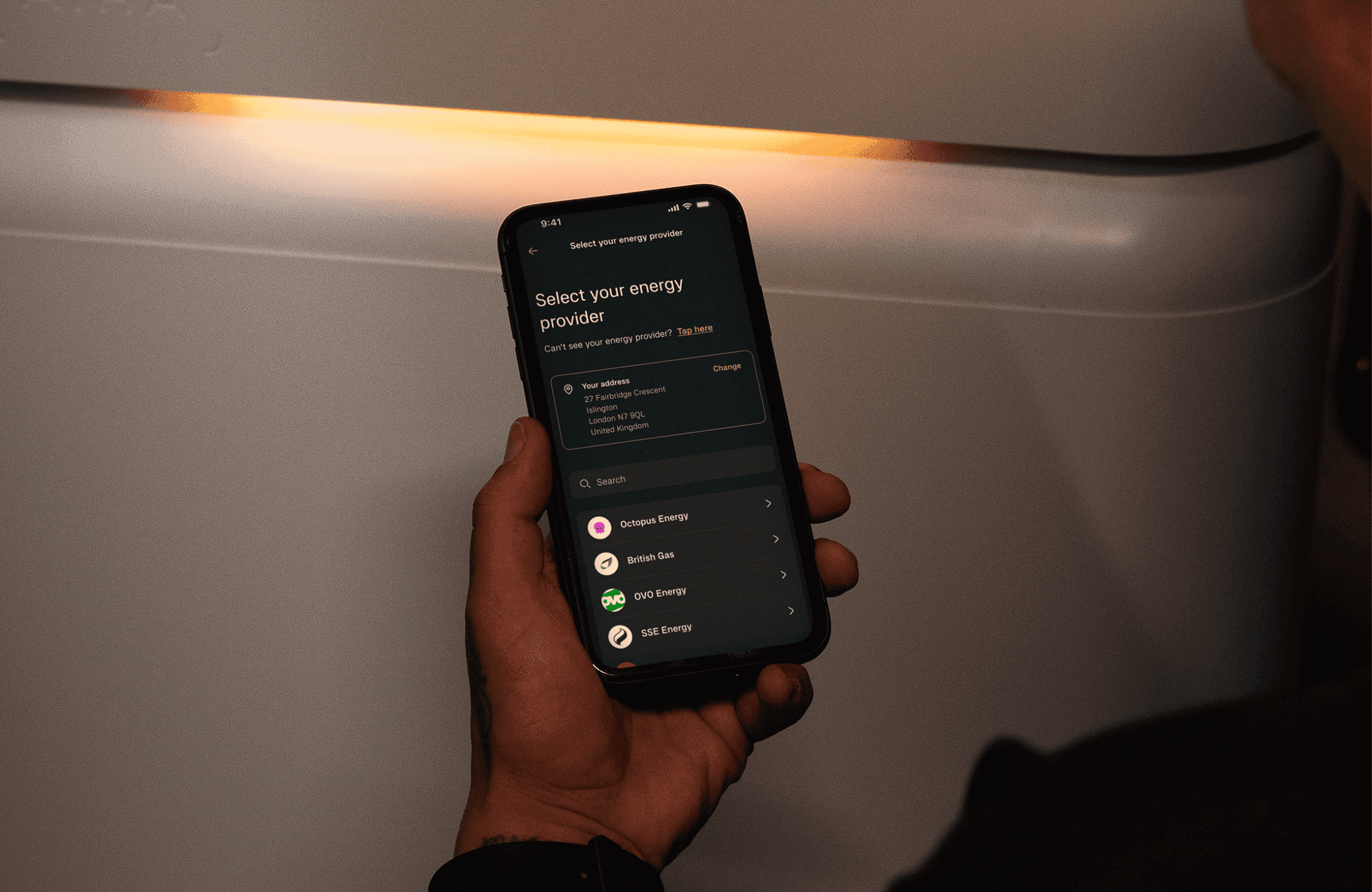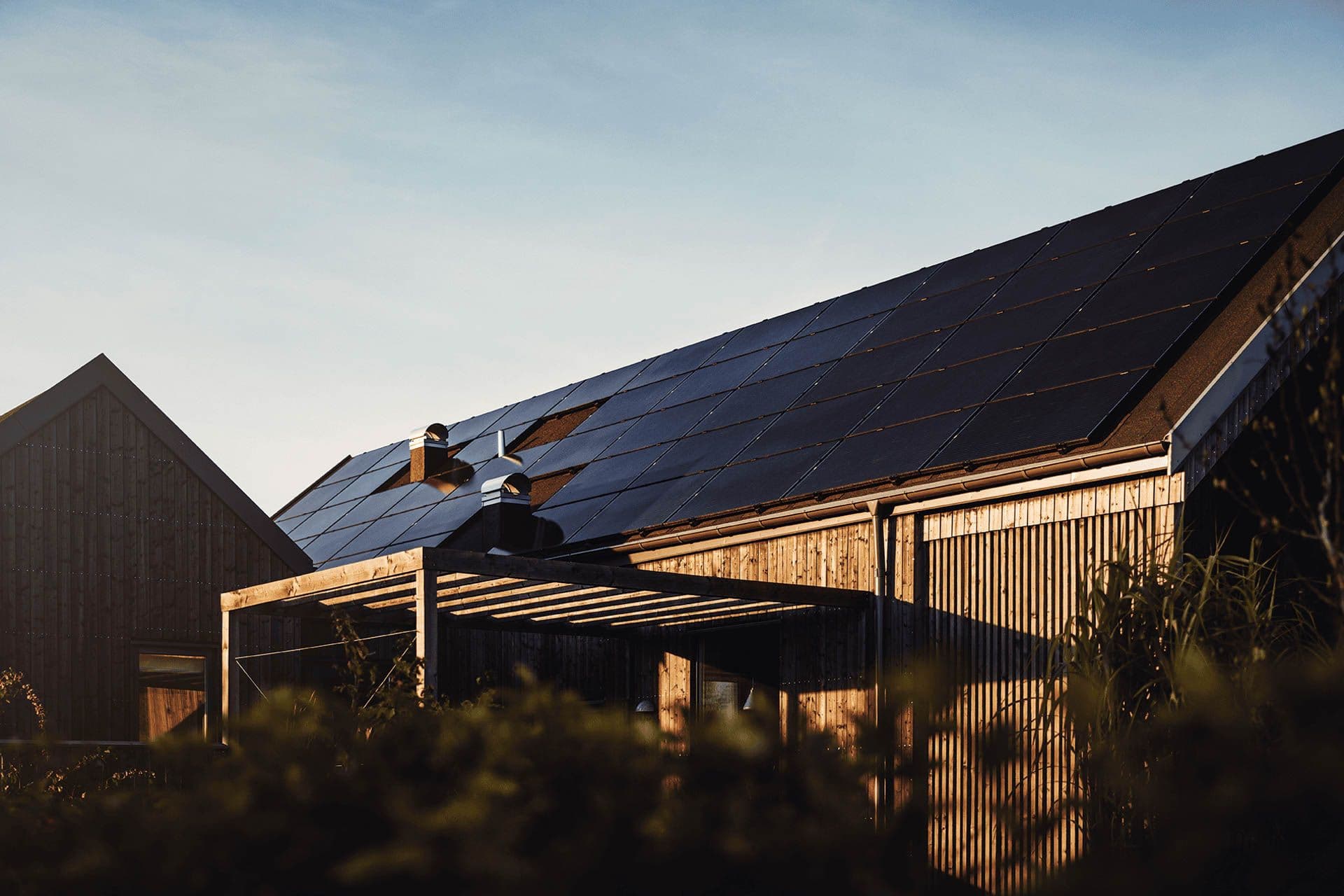4 October 2024
3 minute read
Written by:

Carl Robinson
Content Manager
How big do heat pump radiators need to be?

Key takeaways
- Heat pump radiators are still standard radiators sized to accommodate the lower flow temperatures of heat pumps.
- Several factors influence the correct radiator size including room size, heat loss, desired temperature, and ambient conditions.
- A heat demand and heat loss calculation is key to ensuring that radiators are sized correctly.
Heat pumps are gaining traction as an eco-friendly, energy-bill-reducing alternative to gas boilers, but ensuring your radiators are correctly sized to accommodate their lower flow rates is crucial for achieving high efficiency.
It's important to note that a heat pump radiator is still a standard radiator, just sized appropriately for optimal system performance. Here's what you need to know to get the most out of your air source heat pump.
Key factors in sizing heat pump radiators
The size of your heat pump radiator plays a critical role in the efficiency and comfort of your home’s heating system.
Heat pumps, unlike gas boilers, work at lower flow temperatures - typically between 35°C and 55°C - while gas boilers operate at much higher temperatures, usually around 70°C to 80°C. This lower operating temperature means heat pump radiators need to be larger to provide the same cosy indoor temperatures that traditional systems deliver with smaller radiators.
When determining the correct radiator size, a heat pump installer will consider the following factors:
- Room size and shape: Larger rooms or those with unusual layouts will require bigger radiators to ensure proper heat distribution.
- Heat loss: Factors like wall insulation and window type affect heat retention. Thicker walls or double glazing reduce heat loss, impacting the size of the radiator required.
- Desired room temperature: The warmth you want in your space dictates how much heat the radiator must provide.
- Flow temperatures: Since heat pumps operate at lower flow temperatures, radiators must be larger to compensate for the reduced heat output.
- Ambient temperature: Colder regions demand higher radiator output, making proper sizing even more critical.
By accounting for these factors, a heat pump installer can perform a heat loss calculation and recommend the right size and type of radiator to meet your home’s specific needs.
Understanding heat pump radiators
Heat pumps, especially air to water heat pumps, are becoming a popular choice for more sustainable, cheaper home heating. However, as we’ve touched on, heat pumps operate at lower flow temperatures than gas boiler heating systems. This lower temperature means your heat pump radiator needs to be larger to distribute the same amount of heat.
In fact, radiators used with heat pumps are often about 2.5 times larger in BTU (British Thermal Unit) output and up to 30% bigger in size compared to those used with gas systems.
There are several types of radiators that are typically used in home heating systems, each with varying levels of efficiency, including:
- P1 (Type 10): 1 radiator panel, no convection fins.
- K1 (Type 11): 1 radiator panel, 1 set of convection fins.
- P+ (Type 21): 2 radiator panels, 1 set of convection fins.
- K2 (Type 22): 2 radiator panels, 2 sets of convection fins.
- K3 (Type 33): 3 radiator panels, 3 sets of convection fins.
The more panels and fins a radiator has, the more surface area it provides for heat exchange, meaning it can deliver more heat at lower flow temperatures. Due to their size, we typically install K2 radiators with our Aira Heat Pump systems, but if a room has a very high heat demand we use a K3.
Importance of proper sizing
Selecting the right size for your heat pump radiator is essential for efficient heating. A radiator that's too small won’t be able to meet the heat demand of the room, leading to higher energy bills and increased wear on the heat pump. On the other hand, an oversized radiator can take up too much physical space, cause inefficiencies and unnecessarily drive up costs.
That’s why, following a free home energy assessment, our Clean Energy Experts and Designers will perform a heat demand and heat loss calculation. During these, they will assess the specific needs of your home, taking into account:
- Room size
- Insulation
- Desired indoor temperature
They will also ensure the flow temperatures are optimised for your system, guaranteeing that the heat distribution is even. This step helps determine the ideal type of radiator to efficiently warm your space while keeping energy costs low.
Learn more about how heat pumps work with radiators.
Keep learning
Similar articles to expand your knowledge

Published 2 days ago
Carl RobinsonWhy tariff flexibility matters for heat pump savings
Heat pump savings don’t just depend on the technology or your heating needs. They also depend on your tariff. As energy prices shift and new products enter the market, flexibility becomes essential. Discover why choosing a system that can optimise against any tariff protects your savings long term.

Published at 27 Jan 2026
Carl RobinsonThe Warm Homes Plan: what it really means for your energy bills
The UK’s new Warm Homes Plan confirms one thing: the future of cheaper energy is clean, electric homes. Here’s what the plan really means for homeowners. And how heat pumps, solar and home batteries can cut your bills long before 2030.

Published at 15 Jan 2026
Carl RobinsonIs a heat pump ideal for your semi-detached home?
Think heat pumps are only for large detached homes? In reality, semi-detached houses are perfectly suited to them. We delve into why heat pumps work so well in these homes and whether yours is ready for the swtich.

Published at 6 Jan 2026
Carl RobinsonSolar panels with home battery storage: is it worth it?
Solar panels generate free, 100% clean energy, but a home battery is what helps you use more of it. By storing excess solar power for later, battery storage can make solar far more effective. Here’s why solar and batteries belong together. And where Aira fits in.

Published at 19 Dec 2025
Carl RobinsonIs a heat pump ideal for your single-family detached home?
If you own a single-family detached home, you’re already in a strong position to switch to a heat pump. With full control over your space, insulation and energy use, heat pumps can deliver lower bills, steadier comfort and lower emissions all year round. Here’s what to know about performance, costs and everyday life with a heat pump in a single-family detached home.

Published at 17 Dec 2024
Carl RobinsonHeat pump efficiency explained: When is a heat pump most efficient and why
Heat pumps are the most efficient way to heat a UK home and are typically 4 times more efficient than a gas boiler. But what actually drives that efficiency? And when do heat pumps perform at their best? This guide breaks it down simply, from COP and SCOP to the real factors that shape performance.